A Chinese activist, who was released from jail in February after spending more than three years in prison for criticizing the Chinese Communist Party (CCP), recently issued a public petition demanding that Beijing end its harsh “zero-COVID” policy.
Ji Xiaolong, a resident in eastern Shanghai’s Pudong district, posted the petition on his social media accounts on Twitter, Facebook, Chinese media platform WeChat, and China’s Twitter-like Weibo on April 2. He also submitted the petition to Shanghai’s public security apparatus.
Soon after making the petition public, Ji said Chinese authorities shut down his WeChat and Weibo accounts. He said they also approached his wife to try to silence him.
“[They] tried to pressure my wife and threaten her. And I’ve warned them [about their action],” he said.
“Restore scientific and rational epidemic prevention and control policies, treat the epidemic objectively, carefully assess the trend of the epidemic, and adjust policies in a timely manner,” the petition reads.
It also demands that Chinese authorities pay compensation to families of those whose loved ones have died because of not receiving timely medical treatment because of the lockdowns.
The petition also includes other demands, such as “immediately release those detained for exercising their right to freedom of expression during the epidemic.”
In an interview with The Epoch Times on April 3, Ji spoke about why he decided to write the petition and what has happened since he made his demand public.
“I was hesitant. ... I was only out of prison for over a month. I was afraid of going back to prison,” he said, knowing that Chinese authorities would be upset about the petition.
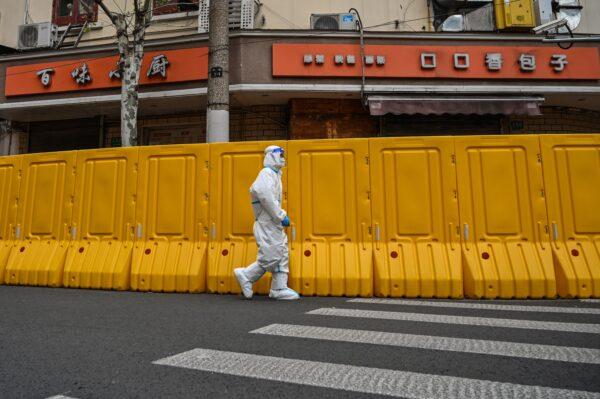
The guilty verdict was based on the fact that he had written political slogans such as “Down with the [Chinese] Communist Party” on public restroom doors while calling on others to do the same. He was released on Feb. 9.
Ji said he slowly became more confident that he would proceed with his plan. He recalled becoming “depressed” after being confined to his home for nearly 25 days since his release from prison because of local COVID-19 outbreaks.
What he saw in his community and in nearby areas amid the current lockdown in Shanghai also upset him. He said he saw how people had to go through different troubles to request medical care. For some, they died before their request was granted.
Eventually, Ji said he couldn’t stay silent anymore and went ahead with his plan.
“I was heartbroken. So I decided to use a peaceful and friendly method—writing a petition—and deliver it to Shanghai’s security department and have them pass it on to [higher authorities],” he said.
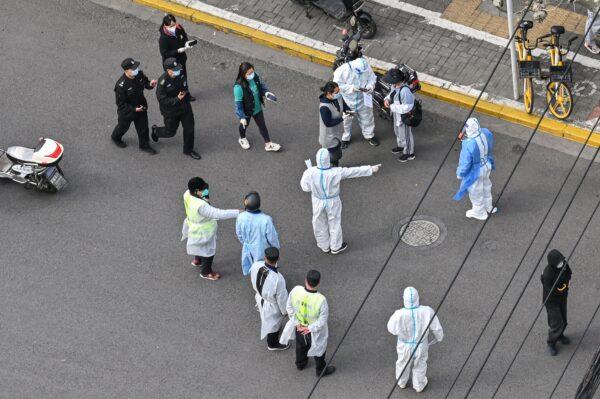
In a Facebook post published on April 3, Ji wrote that more than 2,000 Shanghai residents had voiced support for his petition.
Ji said a woman surnamed Zhao, a resident of Shanghai’s Yangpu district, called him after seeing his petition. The woman was upset about how her 81-year-old father died in late March when he refused to take a government-mandated nucleic acid test.
According to Ji, the woman’s father had a stroke after getting into a scuffle with authorities over the test, and died before arriving at a hospital for treatment.
Ji noted that the woman had called officials in Beijing seeking redress for her father, but didn’t get any response. The woman said community officials threatened her not to speak out about the incident.
Despite efforts by Chinese authorities to silence him, Ji said he'll continue to speak up for other Chinese people.
“Chinese people must fight for their own freedom and dignity,“ he said. ”If we succeed today, our descendants may also enjoy a little bit more freedom and dignity.”
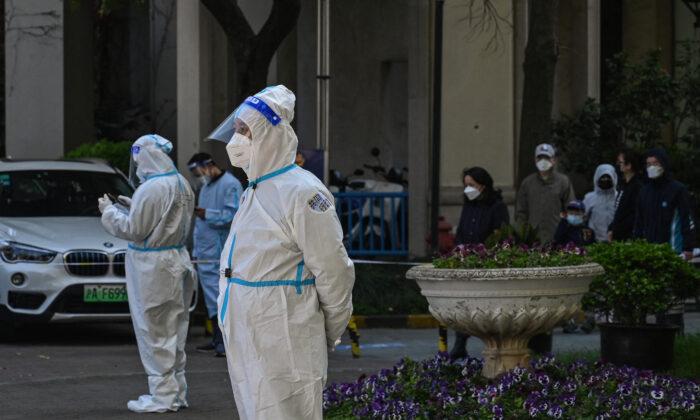

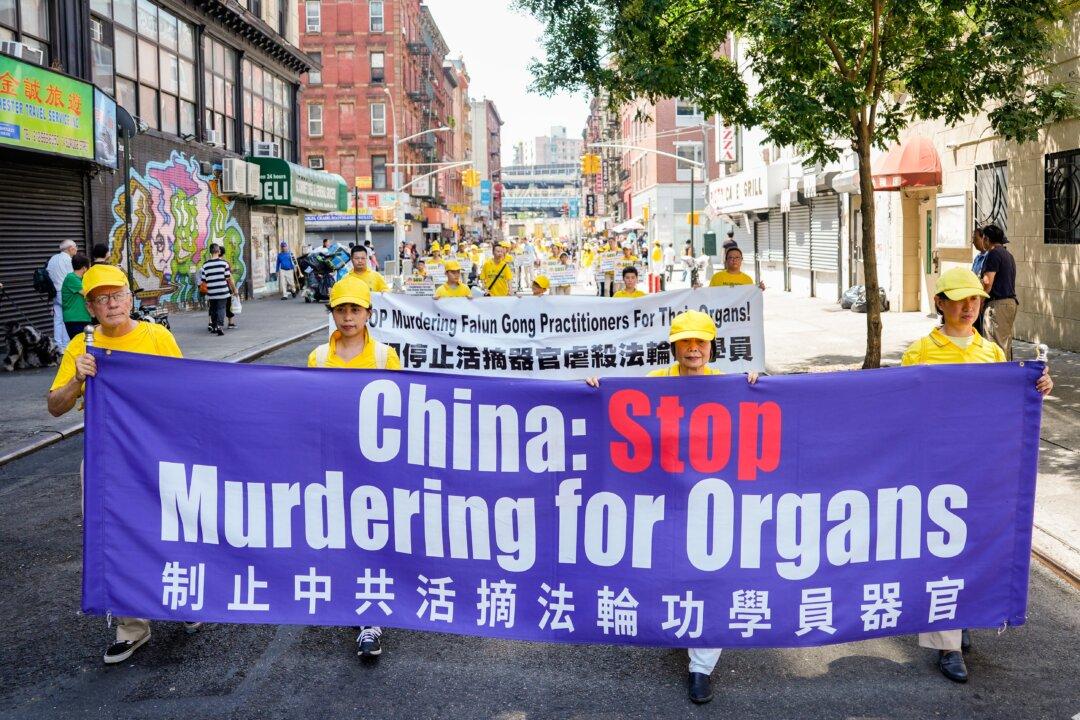
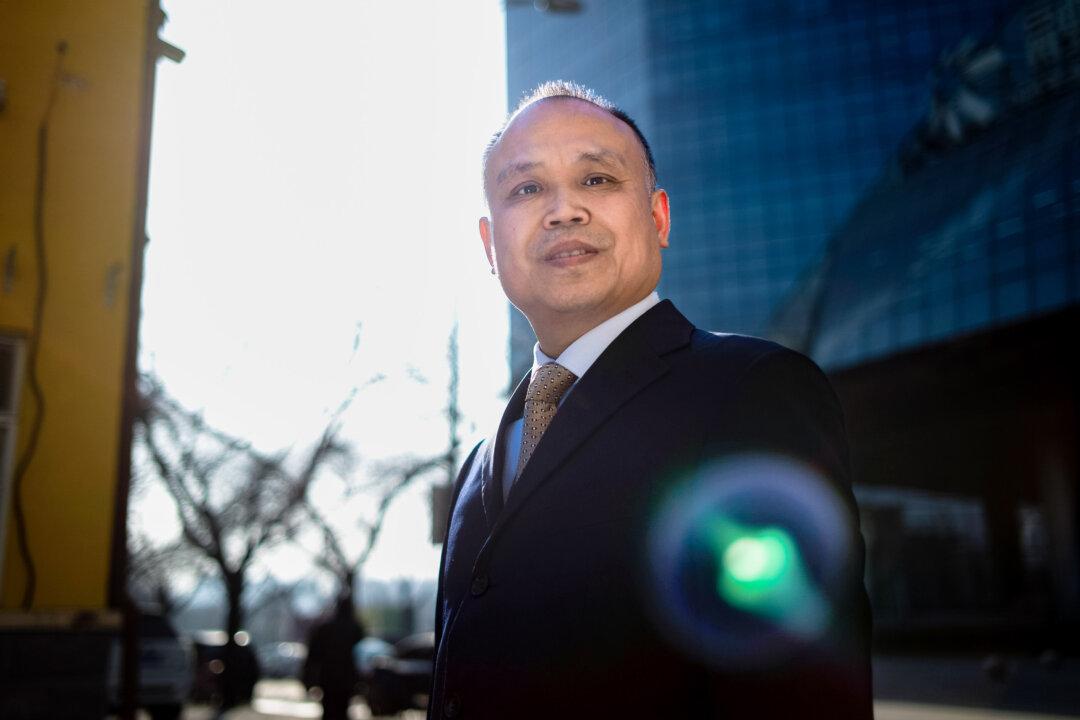


Friends Read Free